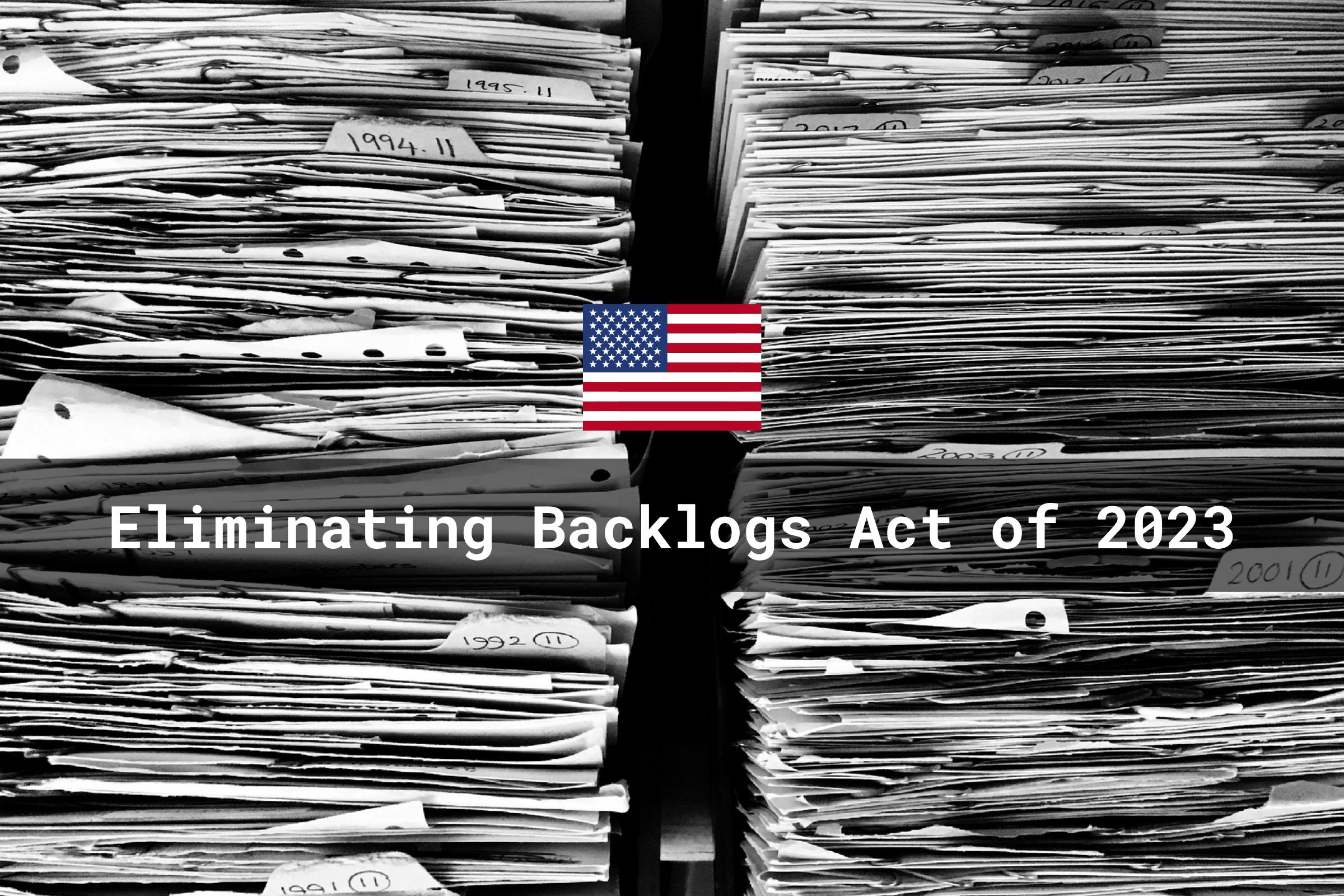The Dual Intent Visa
Hundreds of thousands of foreign immigrants and non-immigrants apply to enter the United States every year. Each individual must qualify under the terms of a visa that permits them to visit, work, or reside in the US, depending on their needs.
One of the most popular of these categories is the H-1B, a visa designed specifically for skilled foreign workers. Not only does this visa allow the holder and their dependents to live in the country for three years, with an optional three-year extension, but it is a dual-intent document. Beneficiaries may obtain the visa as non-immigrants intending to return to their home country but begin the path to permanent residence status through a green card instead.
Challenges to the Dual-Intent Process
The major challenge with this process is that there are a limited number of employment-based green cards allotted annually. Although there are people from hundreds of countries applying for permanent residence, there’s a cap of 140,000 green cards given to all skilled, professional, and unskilled workers.
This hurts H-1B visa holders who are in the country on a time limit. They must share the permanent residence allocation with hundreds of thousands of other applicants. But without the green card path, skilled workers frequently must return to their home countries instead of taking long-term positions in fields that are in high demand.
The second issue is that each country cannot have more than 7% of the total green cards per year, keeping any one nationality from having a dominant share. It sounds good in theory. However, the per-country caps for some places never come close to the maximum, while others hit it consistently, placing skilled workers on a waitlist for years.
Unclaimed Green Cards
While these obstacles make it challenging enough to obtain a green card, there are behind-the-scenes issues that have clogged the system even further. Since the pandemic, travel bans and administrative problems have created confusion and delays in the bureaucratic process. As such, tens of thousands of green cards sit unused while the backlog of applicants continues to grow.
Although they’re technically unissued, the numbers still apply to the per-country caps and per-category limits. The unused cards can’t be allocated to other categories or countries, and nearly two million employment-based green card applicants sit on the backlog of requests at USCIS. Worse, these applicants could be a much-needed solution to the current labor shortage in the US, a problem causing inflation surges, decreased profits in countries, and supply chain issues.
The Eliminating Backlogs Act of 2023
Officially known as H.R. 1535, this bipartisan bill, if passed, plans to recapture all the unused green cards for employment-based applicants that have piled up over the past three decades since 1992. The totals recaptured would also be exempt from the per-country cap, as they’ve already been affecting those limits for years.
Grabbing those visa totals and applying them to the current green card backlog will significantly reduce the number of people on the waitlist. Hundreds of thousands of foreign workers on H-1B visas who have been waiting on lists in “capped-out” countries would find themselves immediately eligible for permanent residency.
The solution provided by this bill would act as a substantial aid to the current labor shortages and the overall US economy.
What’s Next?
If you’ve considered applying for an H-1B visa, now is the time to start preparing. The Eliminating Backlogs Act of 2023 will open up potential visas for thousands of skilled workers as those currently holding this category will move into green card status. At Visa2US, we’re here to answer your questions about how this act could affect you and your family.
Contact our immigrations experts at Visa2US today to get started on the path that could change your career and your future.














